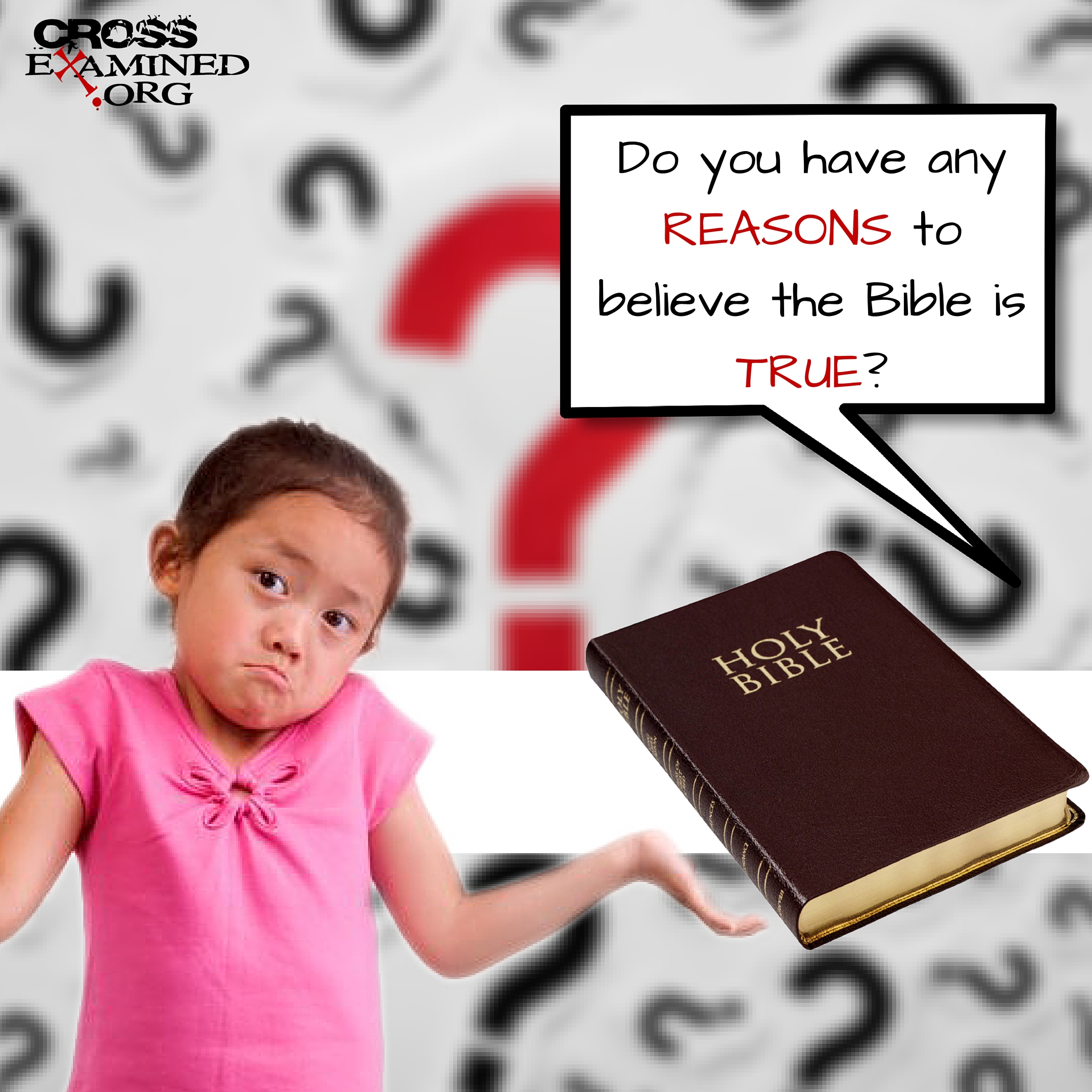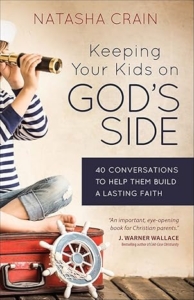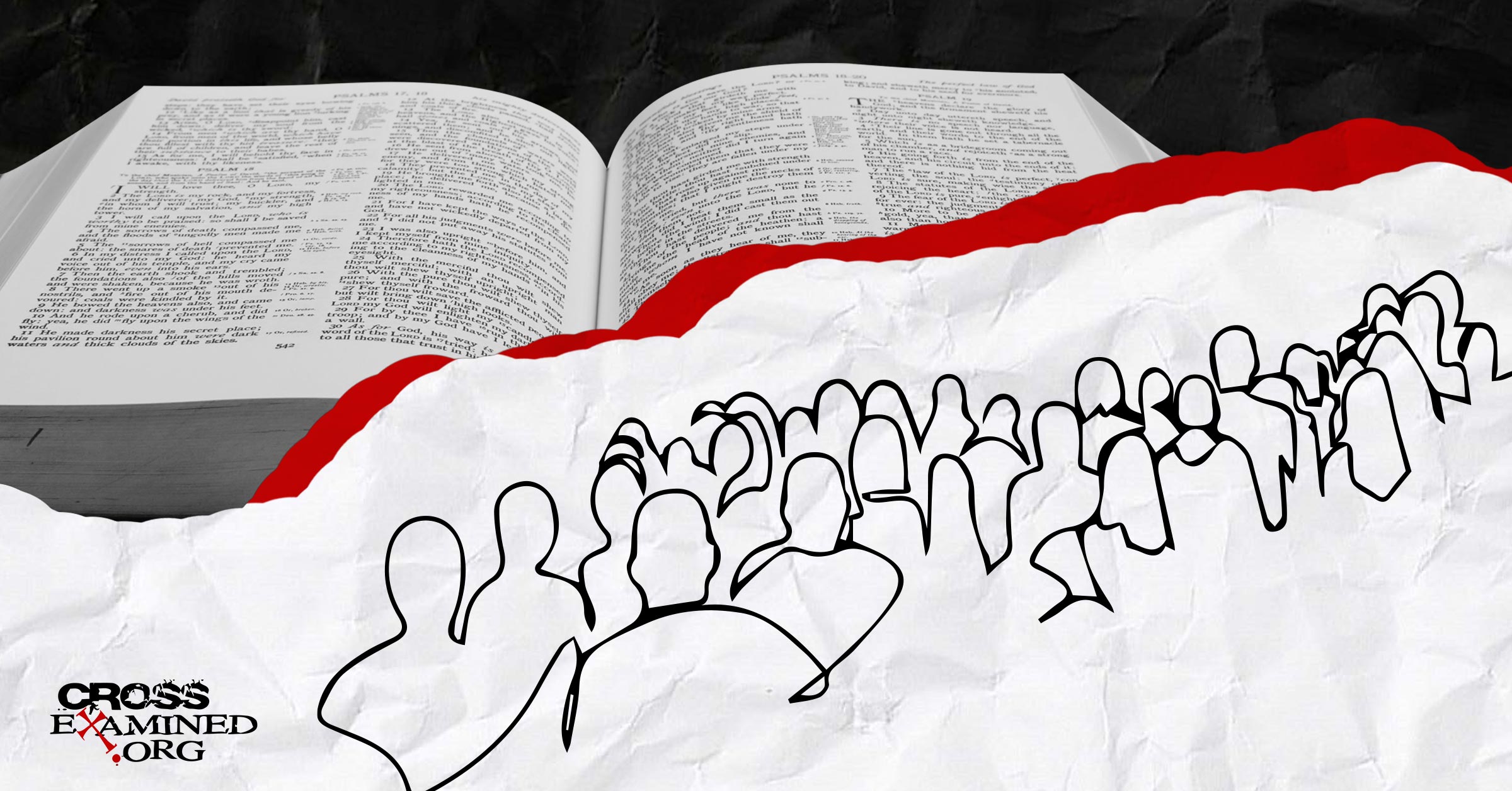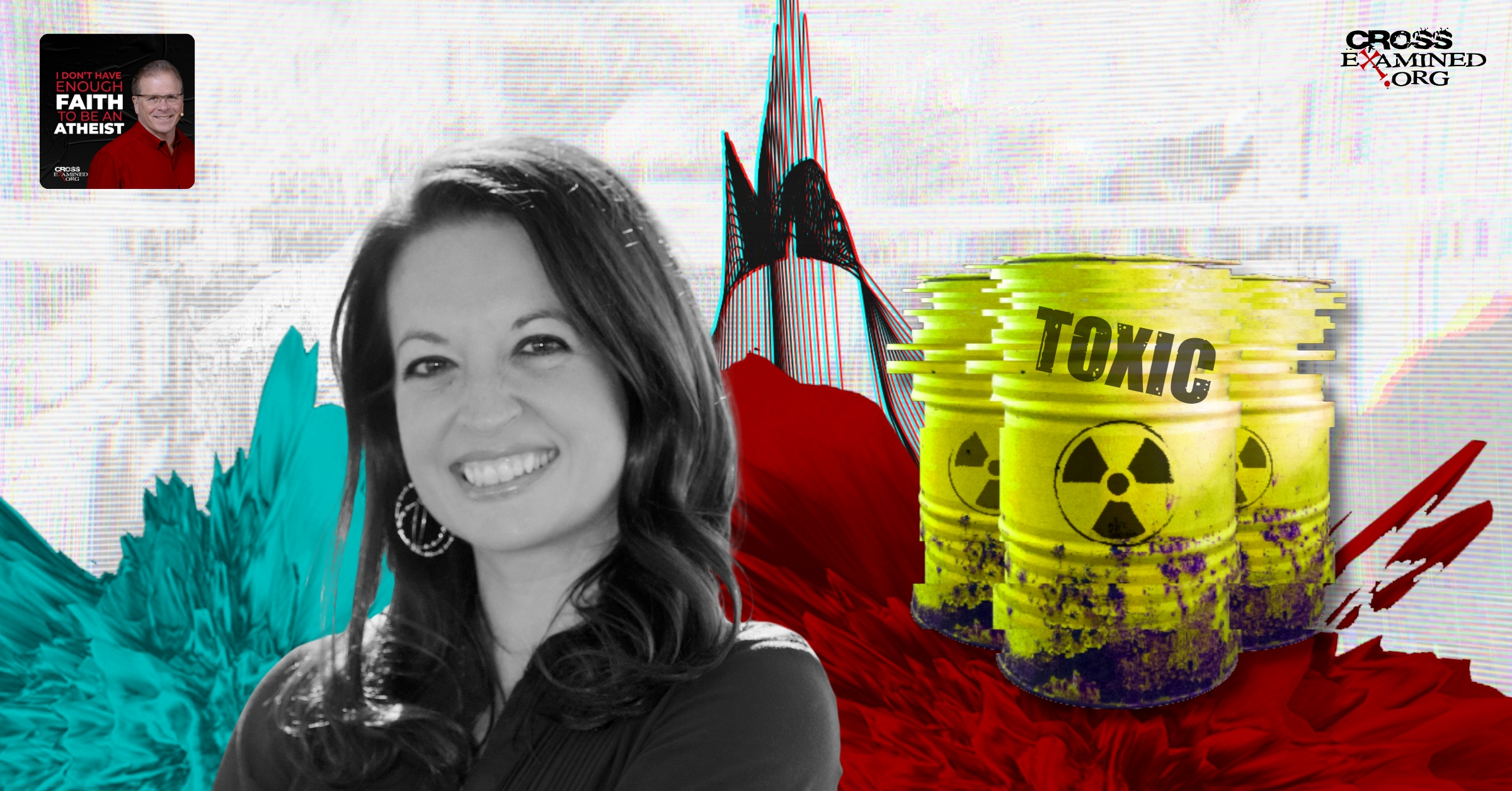Don’t Expect Your Kids to Care What the Bible Says Unless You’ve Given Them Reason to Believe It’s True
By Natasha Crain
A mom left a comment on one of my older posts the other day that said, “It sounds like you are teaching your kids to question the Bible. We should never teach our kids to question the Bible!”
To that I say…Of course we should.
Let’s not get confused, however, by what it means to “question” the Bible. To ask questions about something doesn’t mean to doubt it by default. Neither default acceptance nor default rejection is the response of a critical thinker.
To encourage our kids to question the Bible means to encourage them to examine it fully so they can determine its truth value for themselves.
This is a spiritual process so sorely lacking in most kids’ (and adults’) lives today.
Our kids learn a selection of key Bible stories throughout their childhood, but what do they learn about the Bible–why they should even believe those stories?
Typically, next to nothing.
Yet, parents and church leaders spend years preaching to kids from the Bible, assuming those kids should and will accept it at face value. It takes just a few skeptics to throw darts at that face value before kids make the point of this “atheist pig”:
Don’t expect your kids to care what the Bible says unless you’ve taken the time to help them understand why there’s good reason to believe it’s true.
In Keeping Your Kids on God’s Side, I wrote 8 chapters to help you do just that. Of course, there are many other possible topics to address on the Bible’s veracity, but I selected these because they are the most pertinent and the most frequently attacked by skeptics.
Here’s an overview of these 8 key questions you should be teaching your kids to ask of the Bible.
1. How were the books in the Bible selected?
Skeptics claim: In the first centuries after Jesus, there were many rival versions of Christianity, but the representative writings were suppressed by those in power. Our New Testament books represent the version of Christianity that happened to win over time. The winning books weren’t picked until some 300 years after Jesus’ death, and they won because they found political favor at the time.
Kids need to understand: That there were many early Christian writings, how the early church leaders sifted through those writings over time, and how the books of our Bible today were eventually deemed authoritative.
This is explained in Chapter 25 of my book.
2. Why were books left out of the Bible?
Skeptics claim: There are many “gospels” missing from the Bible which give equally valid but completely different views of Jesus than the one we have. If these books had made it into the Bible, Christianity would mean something very different today.
Kids need to understand: Why the mere existence of dozens of early Christian writings that never made it into the Bible says absolutely nothing. The question they need to be able to confidently answer is whether or not any of those writings can legitimately claim spiritual authority by way of connection to Jesus and His apostles.
This is explained in Chapter 26 of my book.
3. How do we know we can trust the Bible’s authors?
Skeptics claim: The gospels were written decades after Jesus lived by anonymous authors based on growing legends and unreliable oral history.
Kids need to understand: Why we can be confident that the gospels are based on reliable, eyewitness testimony.
This is explained in Chapter 27 of my book.
4. How do we know the Bible we have today says what the authors originally wrote?
Skeptics claim: The Bible has been copied, edited, copied, edited, copied, edited, etc. so many times since the original authors wrote their content that we have no way of even knowing what the books we have should say. (See the quote on the image at the top of this post from one actor making this claim.)
Kids need to understand: Why thousands of copies of early manuscripts and hundreds of thousands of differences between them actually don’t undermine what we know about Christianity.
This is explained in Chapter 28 of my book.
5. Does the Bible have errors and contradictions?
Skeptics claim: The Bible is filled with hundreds of errors and contradictions, clearly demonstrating it’s not the Word of God. (See bibviz.com as one example of this claim.)
Kids need to understand: How to evaluate alleged errors and contradictions (with special consideration of the alleged contradictions in the Gospels).
This is explained in Chapter 29 of my book.
6. Does the Bible support slavery?
Skeptics claim: God’s laws about slavery in the Old Testament show that, far from being a perfect moral Being, He actually supported this terrible institution–even sex slavery (see Exodus 21:7-11).
Kids need to understand: The issue of slavery in the Old Testament is very complex and requires an appropriate understanding of biblical context, culture, and history.
This is explained in Chapter 30 of my book.
7. Does the Bible support rape?
Skeptics claim: The Bible approves of rape.
Kids need to understand: The meaning of biblical laws on rape (Deuteronomy 22:23-29) and the biblical context for three key passages often used to support skeptics’ claims in this area (treatment of female war captives, treatment of the Midianite virgins, and treatment of the women of Jabesh-gilead).
This is explained in Chapter 31 of my book.
8. Does the Bible support human sacrifice?
Skeptics claim: God may explicitly condemn human sacrifice in the Bible, but He violates His own prohibition multiple times.
Kids need to understand: The theological background of God’s command for Abraham to sacrifice Isaac, the nature of child sacrifices of kings, Jepthah’s vow, the consecration of firstborn males, and Jesus’ death on the cross.
This is explained in Chapter 32 of my book.
So should you teach your kids to ask these and other questions about the Bible? Absolutely. If you don’t, skeptics will. And soon your kids won’t care what the Bible says any more than the “atheist pig”.
Keeping Your Kids on God’s Side is available from your local Barnes & Noble and Christian book retailers, as well as ChristianBook.com, BarnesandNoble.com, and Amazon.com.
For more articles like Don’t Expect Your Kids to Care What the Bible Says Unless You’ve Given Them Reason to Believe It’s True visit Natasha’s site ChristianMomThoughts.com













Leave a Reply
Want to join the discussion?Feel free to contribute!